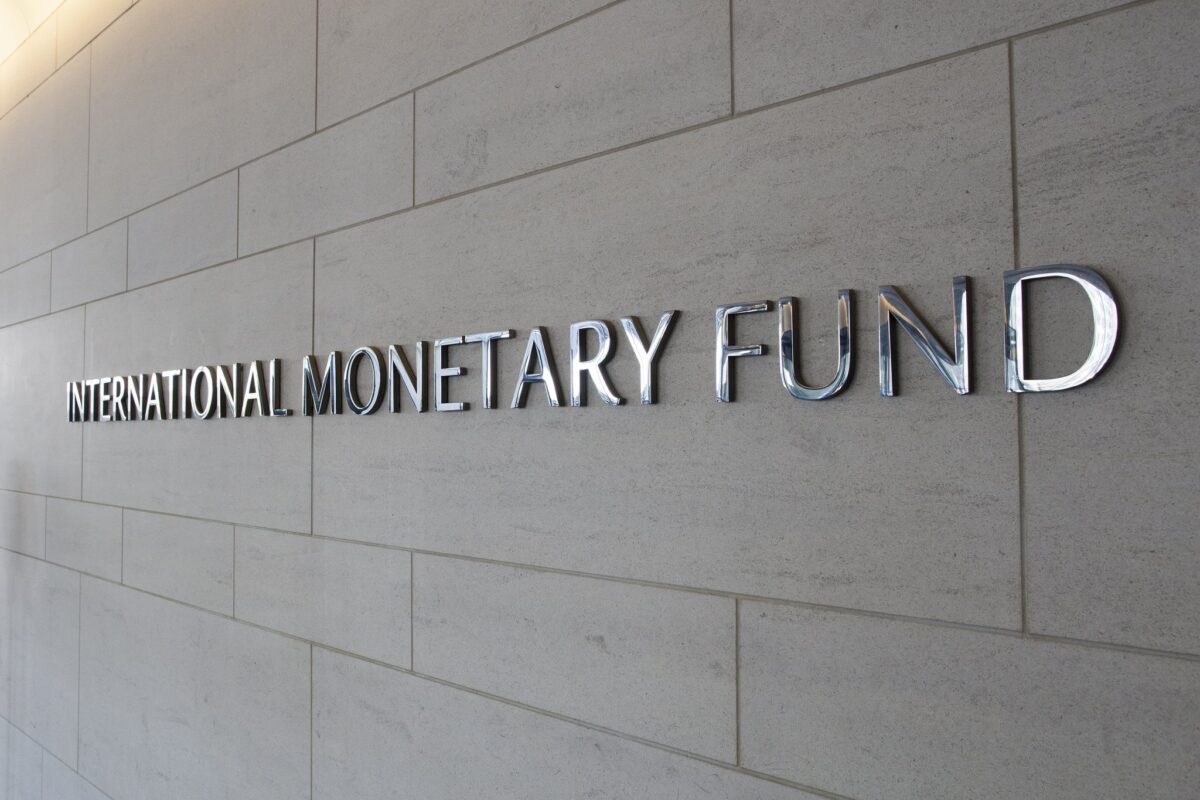
Financial center remains on growth course
The Liechtenstein financial center has proven to be crisis-resistant during the coronavirus pandemic.
Assets under management at Liechtenstein banks increased to 365.4 billion Swiss francs in 2020. Only a small increase in non-performing loans was observed.
The domestic financial sector has proven to be “fully functional and stable” even under the extraordinary conditions of the coronavirus pandemic, the Financial Market Authority (FMA) Liechtenstein writes in a press release on the annual media conference on April 15. It goes on to say that good results were achieved despite the challenges of the pandemic. Moreover, it says that the financial center remains on a growth course.
Specifically, customer assets managed by Liechtenstein banks had increased by 4.5 percent in 2020 to 365.4 billion Swiss francs. The core Tier 1 capital ratio (CET1) of the banking sector overall was also able to increase year on year from 20.0 to 21.7 percent. The FMA writes that this means that Liechtenstein shows capitalization that is significantly above the EU average.
The banking sector saw mild losses in earnings before tax in 2020. Specifically, this fell from 639.5 million Swiss francs the previous year to 543.4 million Swiss francs. However, the FMA explains in the latest edition of the publication “Liechtenstein Financial Center” that this decline “was limited on an international comparison in light of the pandemic”. In a factsheet on the publication, the FMA also points to an only small increase in non-performing loans since the start of the pandemic.
The FMA sees the Liechtenstein financial center as exposed to only limited risks “despite the negative effects of the pandemic”. However, various factors encourage “a high level of vigilance” according to the press release on the annual media conference. In particular, “a possible increase in credit defaults, the high valuation on the equity markets, the low interest rate environment, inflation risks, and the uncertain development of national economies” were mentioned. The FMA has already taken appropriate measures this reporting year in line with the European supervisory authorities. Among other things, additional reporting obligations have been introduced.
The FMA also discusses the Token and TT Service Provider Act that came into effect in 2020 in the press release. TT service providers offer transaction systems based on reliable technologies such as blockchain. At the end of last year, ten companies were registered in Liechtenstein under the new act for a total of 24 services.





